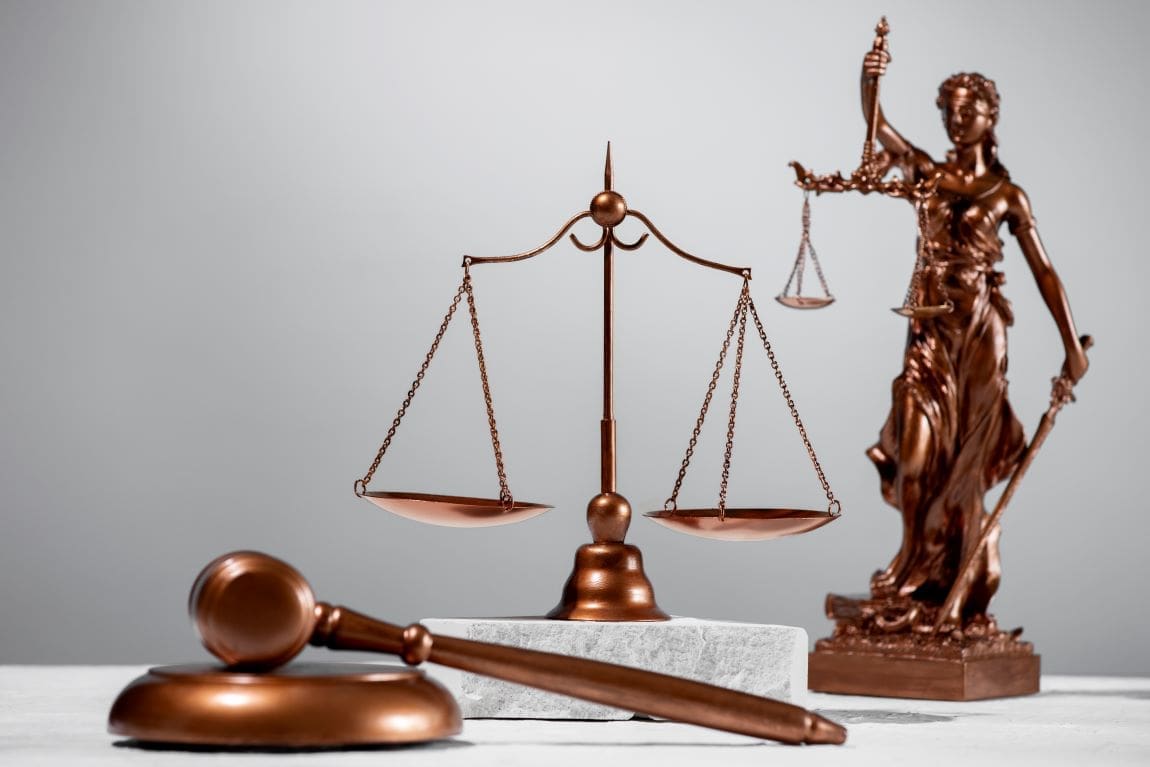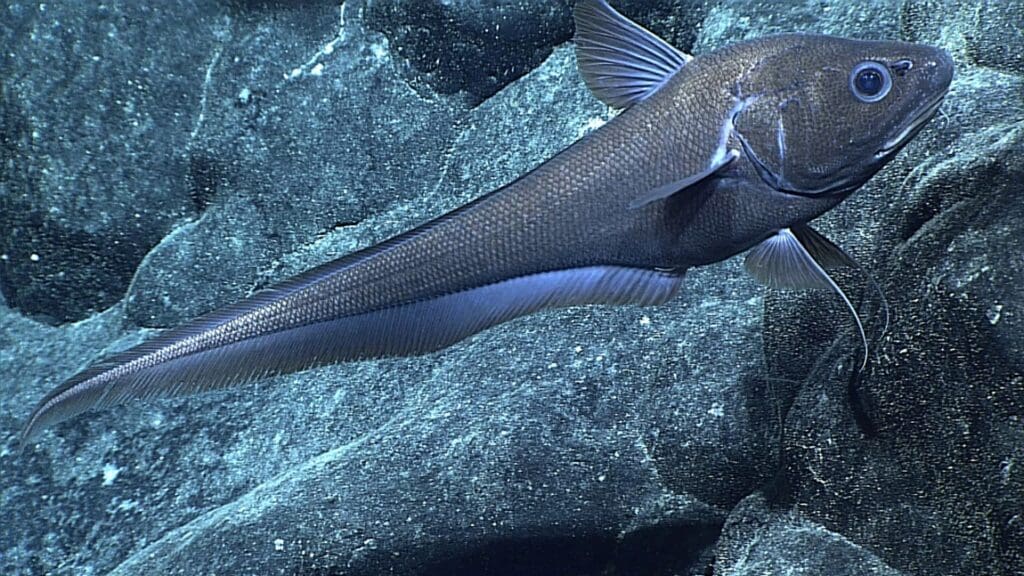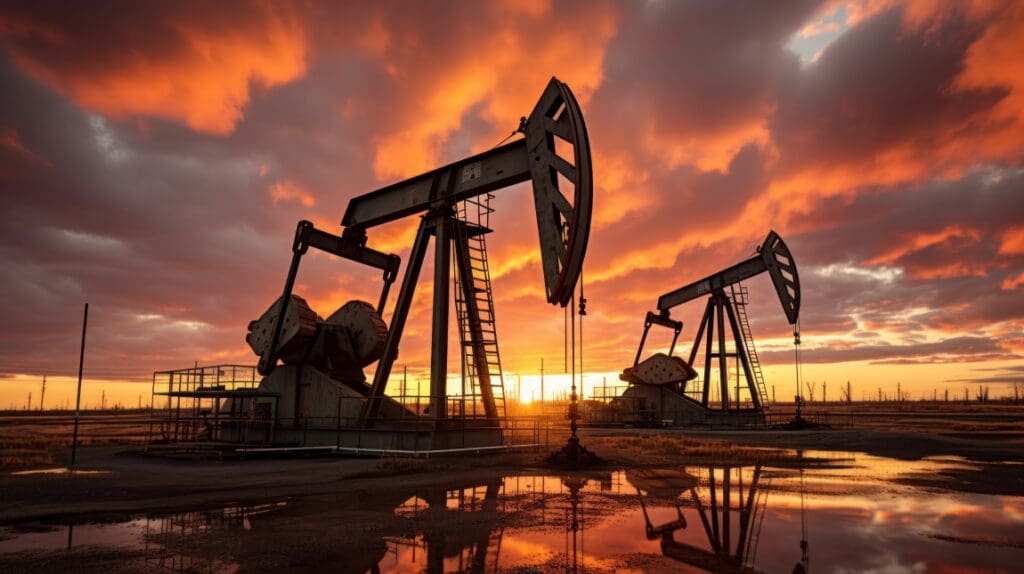Tokyo, Japan (AFP) – A group of 16 Japanese young people is suing utility firms over their carbon emissions, in the latest case worldwide of activists using courts to press for action on climate change.
The plaintiffs, all in their teens and 20s, say it is the first such case brought by young people in Japan, which advocates say has the dirtiest energy mix among G7 nations.
The lawsuit was filed in August against 10 operators of power plants burning fossil fuels whose emissions are incompatible with Japan’s climate commitments, their lawyers said.
The first hearing is set for October 24.
The aim of the suit is to protect the young “from the dangerous and negative impacts of climate change” which is a “violation of their human rights and those of future generations”, the lawyers said in a statement.
The defendants’ self-imposed 2030 emission reduction targets are “extremely inadequate” and rely on “technically unproven technologies” like burning coal mixed with ammonia or storing carbon dioxide underground, they added.
Contacted by AFP, two of the companies named in the lawsuit, JERA and Electric Power Development, declined to comment on an ongoing legal case.
Japan’s government is expected to release this fiscal year updated reduction emission targets for the world’s fourth-biggest economy through 2035.
Currently around two-thirds of its electricity comes from fossil fuels but it is striving for “carbon neutrality” by 2050 and to cut emissions by 46 percent by 2030 from 2013 levels.
By 2030, Japan wants to almost double the share generated by renewables to 36-38 percent, cut fossil fuels to 41 percent and — 14 years since the Fukushima disaster — increase nuclear to 20-22 percent.
South Korea’s Constitutional Court ruled in August that much of the country’s climate goals were unconstitutional, handing a landmark victory to young environmental activists.
The first such case in Asia, brought by children and teenagers who named an embryo as a lead plaintiff, claimed that South Korea’s climate commitments were insufficient and unmet, violating their human rights.
Similar cases have succeeded elsewhere, including in April when the European Court of Human Rights ruled that Switzerland was not doing enough to tackle climate change after a case brought by a group of 2,500 women aged 73 on average.
kh-stu/sco
© Agence France-Presse
Featured image credit: Freepik




